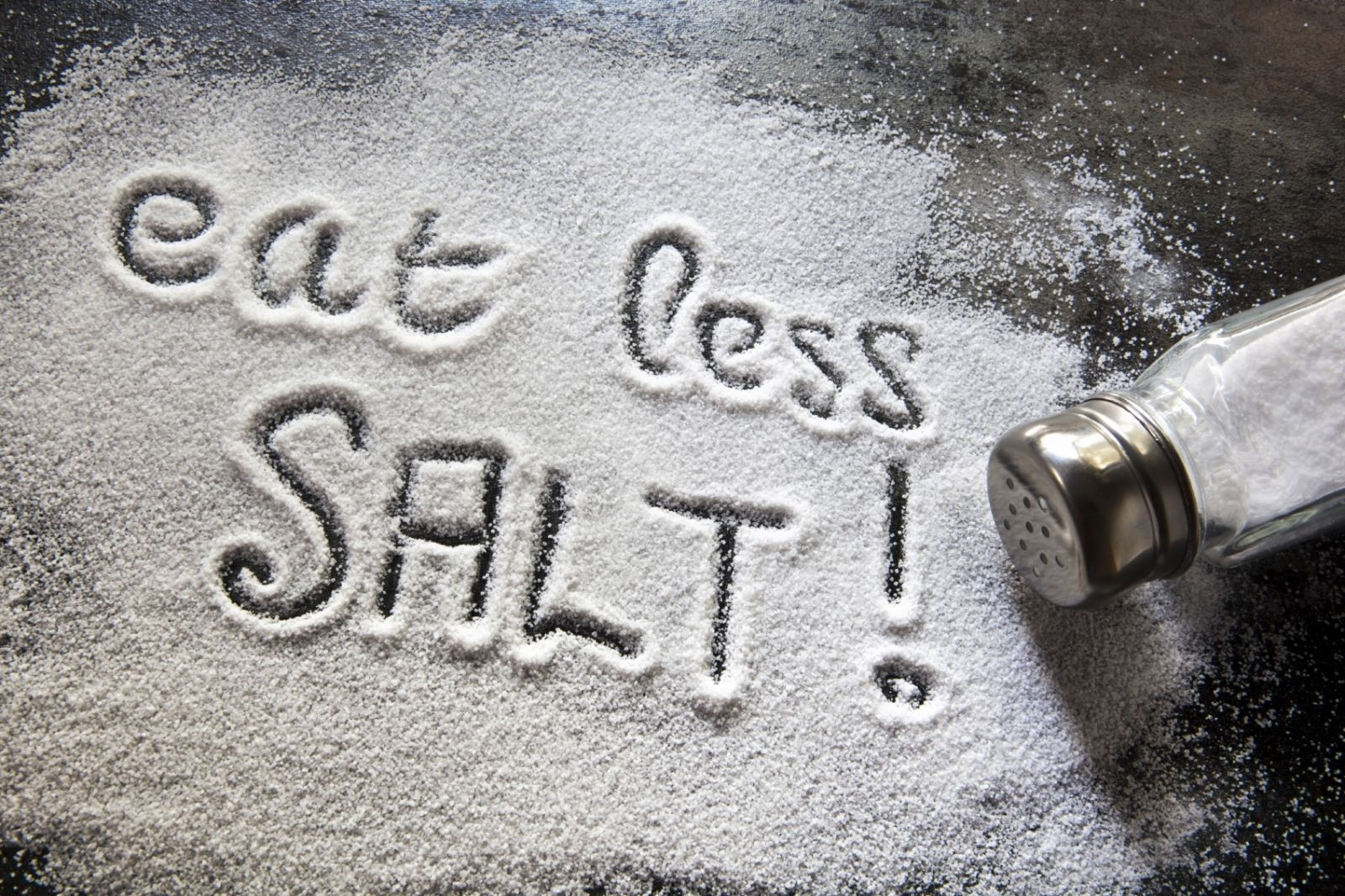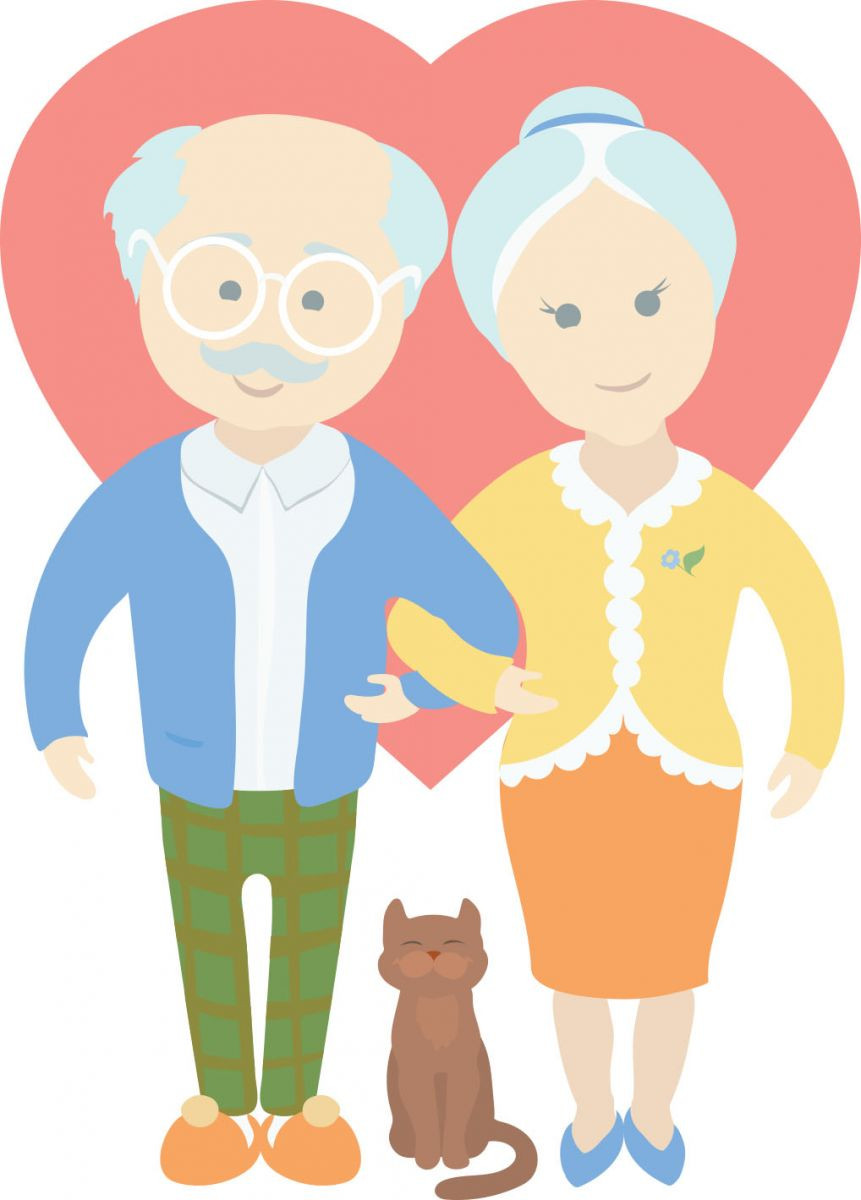
What are somatic workouts?

How to curb your stress eating

How to spot Parkinson’s disease symptoms

8 simple ways to reduce ultra-processed foods in your diet

Heart failure symptoms in women: How they’re different

GERD diet: Foods to avoid to reduce acid reflux

Strong is the new skinny

Everyday habits that sneakily weaken your bones

Don’t wait to get help for back pain

Correcting how you walk may ease osteoarthritis knee pain
Heart Health Archive
Articles
5 ways to use less salt
Salt is essential to the body. The sodium in salt helps transmit nerve impulses and contract muscle fibers. It also works with potassium to balance fluid levels in in the body. But you need only a tiny amount of salt to do this — less than one-tenth of a teaspoon per day. The average American gets nearly 20 times that much.
The body can generally rid itself of excess sodium. In some people, though, consuming extra sodium makes the body hold on to water. This increases the amount of fluid flowing through blood vessels, which can increase blood pressure.
Beyond the morning buzz: How does coffee affect your heart?
Drinking a few cups a day seems to be safe for most people. But evidence that coffee protects your heart is pretty weak.
Image: © Kritchanut/Getty Images
Java junkies may have perked up after hearing that drinking coffee may lower heart disease risk. But are there grounds to support this claim?
In recent years, researchers have observed that people who drink about three cups of coffee daily may be slightly less likely to develop heart disease or to die from it than people who avoid the aromatic brew. A review article in the Nov. 22, 2017, issue of The BMJ that included nearly 300 studies on the health effects of coffee came to a similar conclusion. However, as the authors point out, their findings can't prove cause and effect. In the absence of long-term, randomized trials that assign people to drink coffee or not, it's impossible to say whether the popular drink (or some other factor) led to the lower heart risk.
Stepping up treatments for PAD
Proven therapies for this painful leg problem should soon be more accessible.
Image: © stevecoleimages/Getty Images
When fatty deposits clog the arteries that supply blood to the legs, even a short walk can cause leg cramping and pain. This condition, called claudication, comes from the Latin word claudicatio, meaning "to limp." It's the hallmark of peripheral artery disease, or PAD, which affects roughly one in seven people over the age of 60.
People with PAD are also likely to have clogged arteries (atherosclerosis) in the heart. In fact, they may be even more prone to heart attacks and strokes than people with heart disease who have already had one of those problems.
Tracing the heart’s electrical signature
When, why, and how you might get an electrocardiogram.
Although the first recorded electrocardiogram dates back more than a century, this noninvasive test remains one of medicine's essential tools. It's quick and painless, produces results right away, and helps diagnose dozens of heart conditions. Any heart-related symptoms, such as chest pain or palpitations, warrant an electrocardiogram, also known as an ECG or EKG (from the German elektrokardiogramm).
Some primary care providers include an ECG as part of an annual physical exam. Last year, the U.S. Preventive Services Task Force (USPSTF) recommended against routine ECGs in people at low risk of heart disease. But what about people at higher risk, such as those with high blood pressure, elevated cholesterol levels, or even just advancing age? For them, the jury's still out, according to the USPSTF. One possible reason: the task force set a high bar — looking for conclusive proof that a routine ECG led directly to an improvement in outcomes, such as complications related to coronary artery blockages.
Vegetable of the month: Artichokes
Image: © Thinkstock
As some artichoke aficionados know, anything you eat or drink right after eating this unique vegetable tastes sweeter than usual. Artichokes contain chlorogenic acid and cynarin, which partially inhibit the sweet receptors on your tongue. Whatever you eat or drink right afterwards washes off the compounds, fooling your brain into perceiving sweetness that isn't actually there. Try serving an artichoke alongside another vegetable you find less palatable, and alternate bites!
Cynarin also seems to increase the liver's production of bile, which helps remove cholesterol from the body.
Walking for fitness? Avoid traffic-clogged streets
Research we're watching
Image: © Cecilie_Arcurs/Getty Images
If you walk on busy city streets, breathing the traffic fumes may cancel out the health benefits of the exercise, a new study suggests.
The London-based study, published online Dec. 5, 2017, by The Lancet, included 119 volunteers over the age of 60 who were either healthy or had stable chronic obstructive pulmonary disease or stable heart disease. They all walked for two hours midday at two different locations. One was in a quiet section of Hyde Park, where air pollution is usually within healthy limits. The other was on a busy shopping area on Oxford Street, where levels of pollutants such as black carbon, nitrogen dioxide, and fine particulate matter regularly reach dangerous levels. The walks were separated by three to eight weeks.
Mental stress, gender, and the heart
Research we're watching
Mental stress can cause arteries throughout the body to constrict. In people with heart disease, this effect can reduce blood supply to the heart muscle, a phenomenon known as mental stress–induced ischemia. New research suggests that this problem may affect women differently from men.
For the study, 678 adults (average age 63) delivered a speech while researchers measured their blood pressure and heart rate, took imaging pictures of their hearts, and measured the constriction of tiny arteries in their fingers. In women, mental stress–induced ischemia mostly resulted from constriction of tiny arteries. The resulting greater resistance requires the heart to use more force in pumping blood. In contrast, the ischemia seen in men was mostly due to a rise in blood pressure and heart rate. The findings are yet another reminder for people to find ways to avoid and manage mental stress. But they also hint that women's hearts may be more vulnerable to this problem. The study was published online Dec. 21, 2017, by the journal Arteriosclerosis, Thrombosis, and Vascular Biology.
The magnitude of marriage: Better for your heart?
Research we're watching
People with heart disease who are married seem to fare better than those who are unmarried, a new study suggests.
For the study, researchers tracked more than 6,000 people with heart disease for an average of 3.7 years. They found that compared with married people, those who were divorced, separated, widowed, or never married were 52% more likely to experience a heart attack. Unmarried people also had a 45% higher risk of dying of heart disease, even after researchers accounted for confounding factors such as severity of disease, medication use, and socioeconomic status. The study was published in the Dec. 20, 2017, Journal of the American Heart Association.

What are somatic workouts?

How to curb your stress eating

How to spot Parkinson’s disease symptoms

8 simple ways to reduce ultra-processed foods in your diet

Heart failure symptoms in women: How they’re different

GERD diet: Foods to avoid to reduce acid reflux

Strong is the new skinny

Everyday habits that sneakily weaken your bones

Don’t wait to get help for back pain

Correcting how you walk may ease osteoarthritis knee pain
Free Healthbeat Signup
Get the latest in health news delivered to your inbox!
Sign Up











